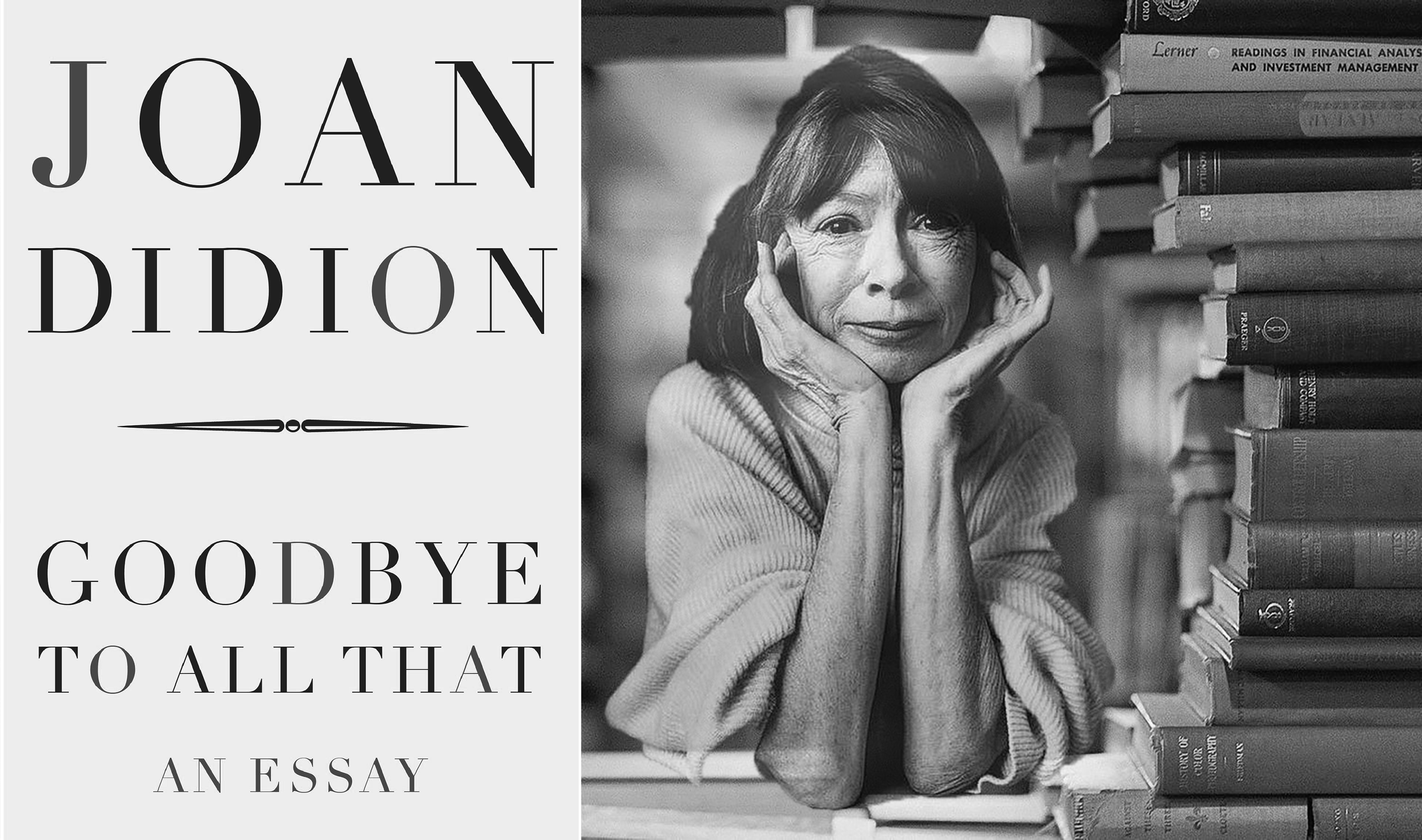Opinion | Joan Didion, a voice for every generation
Though the world mourns the passing of a treasured writer, Joan Didion’s prolific and diverse body of work leave us with a Didion for every occasion. DANIEL PEARSON, Photo Editor
“One of the mixed blessings of being twenty and twenty-one and even twenty-three is the conviction that nothing like this, all evidence to the contrary notwithstanding, has ever happened to anyone before.”
It is commonplace in the literary community to seek out writers who are “generation-defining.” Such writers include F. Scott Fitzgerald, Jack Kerouac or J.D. Salinger, but no one has ever seemed so fit for the title as Joan Didion.
During her almost 60-year long career, Didion used her voice to address topics both political and social, becoming one of the world's most renowned writers for her deft examinations of California, El Salvador, the women’s rights movement and the Central Park Five.
But where Didion shined most — and where her legacy lives on — is in her deeply personal and utterly human writing.
Tikva Velazquez, junior television writing and production major
In her National Book Award-winning memoir, “The Year of Magical Thinking,” Didion details the sudden passing of her husband, and in turn, paints a perfect picture of grief and its intricacies.
“Life changes in an instant,” Didion wrote. “The ordinary instant.”
When my grandmother died suddenly in the summer of 2021, I was overcome with grief for her and for my mother who had passed many years before. The only words that I found comforting at the time were Didion’s because of her complete understanding of what I, and many others, were going through.
But Didion’s ability to convey the human experience does not stop with grief. In “Goodbye to All That,” she conveys the change that comes with being in your early twenties. In her “The White Album,” she captures the melancholy that comes with mental and physical illness by stripping down and exposing her personal experiences for all to see.
“I tell you this not as aimless revelation but because I want you to know, as you read me, precisely who I am and where I am and what is on my mind,” Didion wrote in “The White Album,” blatantly explaining the true nature of her writing.
In writing from deep within her personal life, Didion managed to put into words exactly what it means to live in a complicated world. Her unique worldview encompassed not just politics and society but grief and love. The realities of aging and ailing. There is a Didion for every occasion.
This feat is what makes Didion not only the voice of her generation but of every generation past to present.
Even though “Goodbye to All That” is an autobiographical reflection of her life in the 1980s, Didion’s themes of identity and grief remain timeless. “Slouching Towards Bethlehem” and “The Year of Magical Thinking” should be required reading for any young adult or college student venturing into the real world.
When I learned of Didion’s passing this past December, I felt as if one of my greatest heroes was gone, after I had only just discovered her. But Didion’s work lives on in the very words and sentences we carry with us as we walk through life in the eternal truth that “we tell ourselves stories in order to live” (“The White Album”).
Many new writers will come and go in the coming decades, but no matter who is newly appointed the “voice of our generation,” the title will always belong to Didion and Didion alone.


